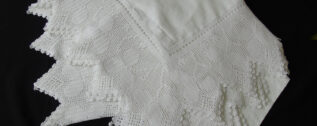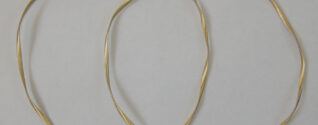Weddings in Athens: From Grandmothers to Granddaughters
Greece is situated in the eastern Mediterranean; 90% of its population of 11 million is orthodox Christian. Created in 1821 after a war of independence from the Ottoman Empire, Greece has traditions from both the East and the West, forming its own identity between these cultures. Since the beginning of the 20th century, Greece has experienced two world wars, two dictatorships, several coups, two major refugee crises, and considerable economic difficulties.
Against this turbulent political and social backdrop, marriage has maintained a central position in organizing people’s lives. Traditionally, getting married and having children meant achieving adulthood and were a means of self-realisation for both men and women. Motherhood was considered a ‘sacred’ duty, and marriage was a patriarchal institution in which men held legal authority over their families - until the introduction of a new Family Law in 1983. Under this new legislation, motherhood was given equal status to fatherhood - both parents had the right to decide over their children; abortion was legalized; children born out of wedlock were legitimized and the legal requirement for a bride to provide a dowry for her new husband ceased. The abolition of dowry, in particular, meant that women and their parents were no longer in the precarious position of striving to acquire enough money, property, and household objects in order to get married.
Today in Greece, marriage has an impressive resilience, with relatively low rates of divorce, single parent families, and co-habiting unmarried couples in comparison to other European countries. Although new forms of family are becoming visible, ‘having a child’ remains the central aim for both women and men, and is closely linked to marriage.
Based in Athens, I have been researching how marriage has been transforming and what these changes mean. These photographs and objects were collected through friends and flea markets to show weddings, past and present, and offer a window into marriage in Greece.
This project has received funding from the European Research Council (ERC) under the European Union's Horizon 2020 research and innovation programme under grant agreement No 695285.






